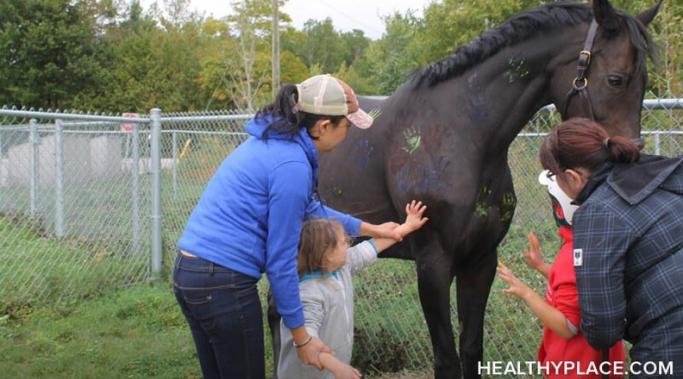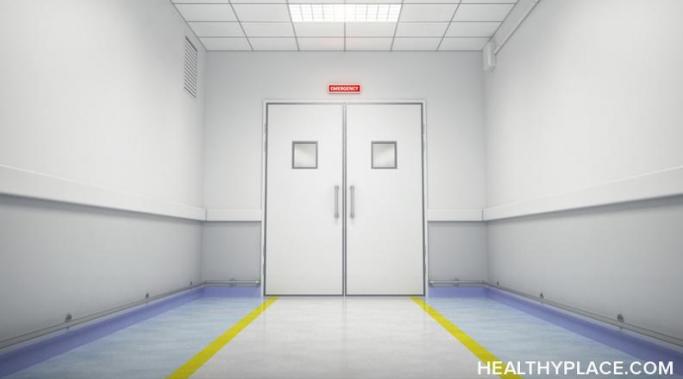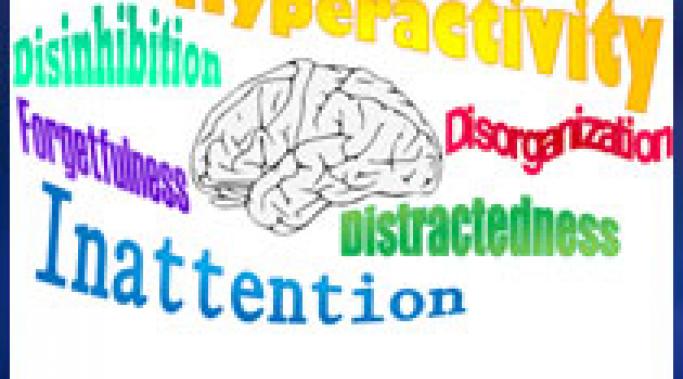It is no secret that the holidays are stressful for everyone, however, for someone with a mental health disorder, they can be derailing. All of the additional activity and added responsibilities can prove to be too much excitement, or can cause the development of additional challenges for those with various mental health diagnoses. Here are some things that come about during the holidays that can make it especially hard for those who are struggling with a mental health disorder.
Mental Health Treatment Circle
You wake up in the morning feeling horrible, your head is pounding, and you feel ashamed as well as furious with yourself. You tell yourself over-and-over again that today is the day you are going to stop drinking, that you will never again pick up a bottle. However, at the end of the day, you find yourself pulling up to the liquor store convincing yourself that you deserve to have a drink after such a stressful day and the cycle begins again.
As many of you probably know, anorexia nervosa is an eating disorder that is characterized by extreme weight loss and the refusal to eat. However, what you may not be aware of are the serious complications associated with anorexia and what residential treatment for anorexia entails. Below, I am going to briefly touch on these and provide some insight into what residential treatment for anorexia is all about.
If you or a loved one have been diagnosed with bipolar disorder, you are more than familiar with the complications that arise on a regular basis. The extreme shifts in mood, ranging from mania to depression, can be exhausting and, if not properly managed, can pave a path of destruction in the individual’s life. In general, the goal of bipolar disorder treatment is to stabilize mood swings and prevent the highs and lows associated with bipolar disorder that put the patient, and those around him/her, at risk. But what happens when things go awry?
I’m not sure about the rest of you, but when I first got into the field of psychology, I was overwhelmed with all of the information I had to learn about the different types of mental health therapies that are used (Depression Therapy: How Psychotherapy for Depression Works). I had always thought that the counseling process was much simpler; you had a problem, you went to a counselor for help, you laid on a couch while they asked you a lot of questions, and then, voile, after a number of sessions you were done.
However, there I sat in one of my first classes with words and terms, such as client-centered, CBT, or eclectic approach, being thrown at me and I had no idea what they were talking about. Turns out that there is much more to the counseling process than many might think. Not only are there different types of mental health therapy, but some methods work better in certain cases than others. Who knew?
I know that, to some individuals, it may be hard to believe that anyone who has had thoughts about ending his or her own life may not meet the requirements needed to be admitted into an inpatient mental health program. However, there is a distinct difference between suicidal thoughts and being actively suicidal (Going From Suicidal Thoughts To A Suicide Attempt). Individuals who are actively suicidal have actually taken steps to end their own lives and may have plans laid out. On the other hand, those with suicidal ideation tend to just have fleeting thoughts about taking their own lives, but no real plan.
When struggling with a mental health or substance abuse disorder, there are a variety of treatment methods available. One of the most commonly known methods that is used at many different locations and in all levels of treatment is group therapy. Group therapy is a form of psychosocial treatment in which a small group of patients meet regularly with a therapist to talk, interact, and discuss current problems with one another.
Usually, when treating ADHD, outpatient treatment is the first option to be considered before more intense levels of treatment. Outpatient treatment for ADHD, as well as parenting classes, can enhance the effectiveness of managing the symptoms and behaviors.
The symptoms of attention-deficit/hyperactivity disorder (ADHD) can cause significant distress for a child and can be challenging for parents to be able to effectively manage. A child who refuses to comply with the rules or intentionally creates problems may be struggling with symptoms severe enough to warrant admission into a residential treatment program for ADHD children.
There are a number of different treatment methods used for helping children who are struggling with ADHD. Two of the most commonly used forms are medication and behavioral therapy. While ADHD medications can help reduce the symptoms of ADHD like hyperactivity, inattentiveness, and impulsivity, these pills are not going to fix other issues such as emotional problems and social difficulties. Behavioral therapy is used in the treatment of ADHD because it can address specific problem behaviors through a variety of learned techniques.







